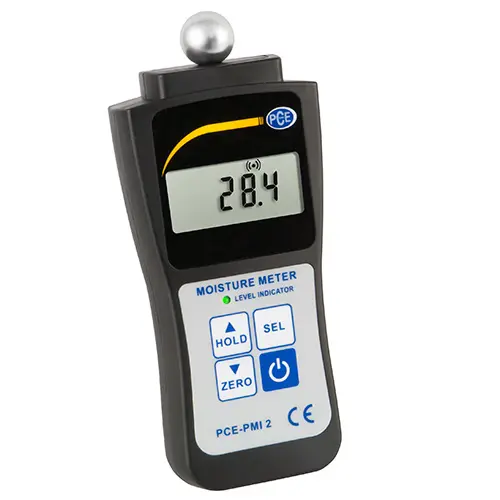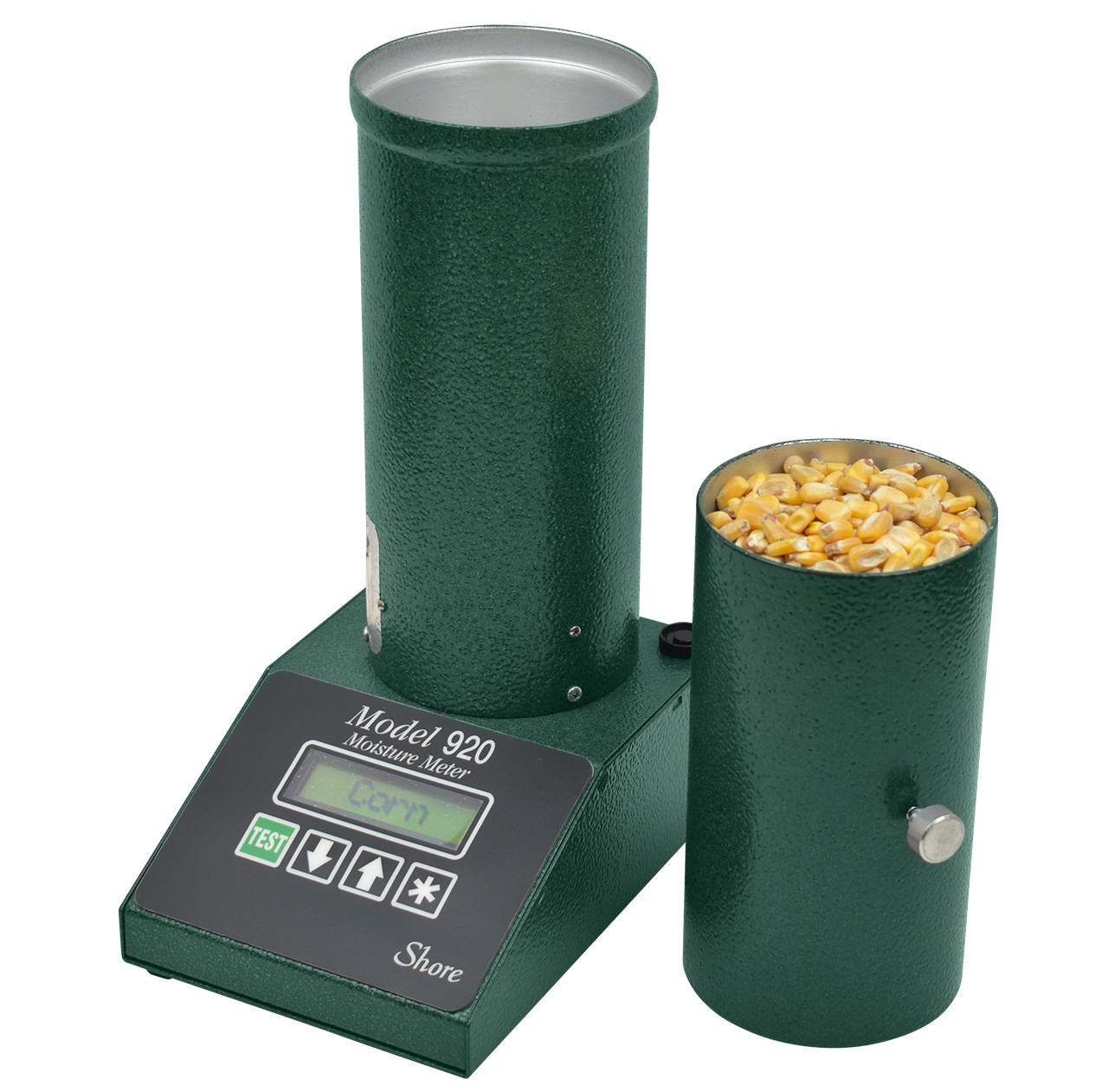The Ultimate Overview to Choosing the Right Moisture Meter for Your Demands
The Ultimate Overview to Moisture Meters: A Comprehensive Overview and Just How They Can Conserve You Cash
In the realm of building maintenance, building, and different industries, the significance of accurately gauging dampness degrees can not be overemphasized. Wetness meters act as essential tools in detecting and keeping track of moisture content in products, helping in avoiding costly problems and making sure the high quality of products. Recognizing the nuances of different kinds of wetness meters, their applications, and the potential cost-saving advantages they provide can be a game-changer for companies and professionals alike. Discovering just how these gadgets can not only simplify processes but additionally add to economic cost savings is a journey worth embarking on.
Kinds Of Moisture Meters
One common kind is the pin-type moisture meter, which measures the electrical resistance in between 2 pins inserted into a product. Pinless moisture meters, on the other hand, use electro-magnetic sensing unit plates to check a larger location without creating damages to the material's surface area.
Additionally, there are additionally specialized moisture meters developed for certain products like soil, hay, or grain. These meters give accurate moisture readings tailored to the special residential properties of the product being tested. Infrared wetness meters determine the thermal properties of a material to determine its moisture material non-invasively, making them beneficial for applications where pin or pinless meters might not appropriate. Recognizing the various kinds of dampness meters readily available can help sectors pick one of the most ideal tool for their specific moisture dimension demands.

Benefits of Making Use Of Moisture Meters

In addition, making use of dampness meters can lead to raised power efficiency. In agricultural settings, moisture meters play an essential role in optimizing crop yields by allowing farmers to check dirt dampness degrees and make notified irrigation choices.
Just How to Pick the Right Moisture Meter
Choosing the suitable moisture meter involves taking into consideration vital factors such as product compatibility, dimension variety, and calibration accuracy. When picking a dampness meter, it's vital to make certain that the meter appropriates for the certain material you will certainly be screening. Different products have varying electrical homes that can affect dampness readings, so picking a meter created for your material is crucial for exact results. In addition, think about the dimension array of the wetness meter. Make certain that the meter can discover dampness degrees within the range required for your applications. Calibration precision is another crucial variable to bear in mind (Moisture Meter). Choose a dampness meter with trusted calibration to make sure consistent and accurate analyses. Some meters may need periodic calibration modifications, so recognizing the calibration process is necessary. By carefully examining these variables, you can choose a dampness meter that meets your requirements and supplies accurate wetness dimensions for your projects.
Appropriate Strategies for Moisture Meter Use
To ensure precise dampness readings and maximize the effectiveness of a wetness meter, using correct techniques is necessary. When making use of a pin-type moisture meter, insert the pins or probes into the product being checked till they make full contact. Guarantee the pins are vertical to the surface area to obtain one of the most exact analysis. For pinless home moisture meters, hold the device flat against the material and move it slowly to cover the entire area for a typical reading. It's important to adjust the wetness meter according to the material being checked to boost precision. Take numerous analyses across the surface and ordinary them out for an extra trustworthy outcome. In addition, make certain that the product being examined is accommodated to the environment to avoid skewed readings. Normal upkeep of the dampness meter, such as cleaning up the pins or sensing unit, is likewise important to guarantee consistent and accurate Home Page readings. By complying with these proper techniques, customers can count on their wetness meter to offer trustworthy wetness levels, aiding in stopping expensive damages or making sure high quality in different applications.

Price Cost Savings Through Moisture Meter Applications
How can the calculated application of moisture meters lead to substantial cost savings across numerous sectors? In the agriculture industry, wetness meters aid in determining the optimal time for gathering plants, preventing over-drying or excess wetness that can influence the final product's top quality.

In addition, in the food handling market, moisture meters are vital for checking item top quality and making certain compliance with safety policies. By precisely determining wetness content in food products, makers can avoid putridity, preserve freshness, and decrease waste, resulting in considerable expense savings. In general, the tactical application of moisture meters is an important investment that can lead to substantial price decreases and enhanced efficiency across various sectors.
Verdict
In verdict, wetness meters are beneficial tools for gauging and detecting dampness degrees in various products. By utilizing the ideal dampness meter and complying with correct techniques, individuals can effectively avoid pricey damages triggered by excess dampness.
Dampness meters serve as crucial tools in finding and monitoring moisture material in products, assisting in preventing expensive problems and making sure the top quality of products. Infrared moisture meters determine the thermal properties of a material to identify its wetness web content non-invasively, making them useful for applications where pin or pinless meters might Get the facts not be appropriate.Wetness meters supply invaluable benefits in properly examining and monitoring wetness degrees in diverse products and atmospheres. In agricultural settings, dampness meters play a crucial role in enhancing crop returns by making it possible for farmers to check dirt wetness degrees and make educated watering choices.In final thought, wetness meters are important tools for determining and spotting wetness levels in various products.